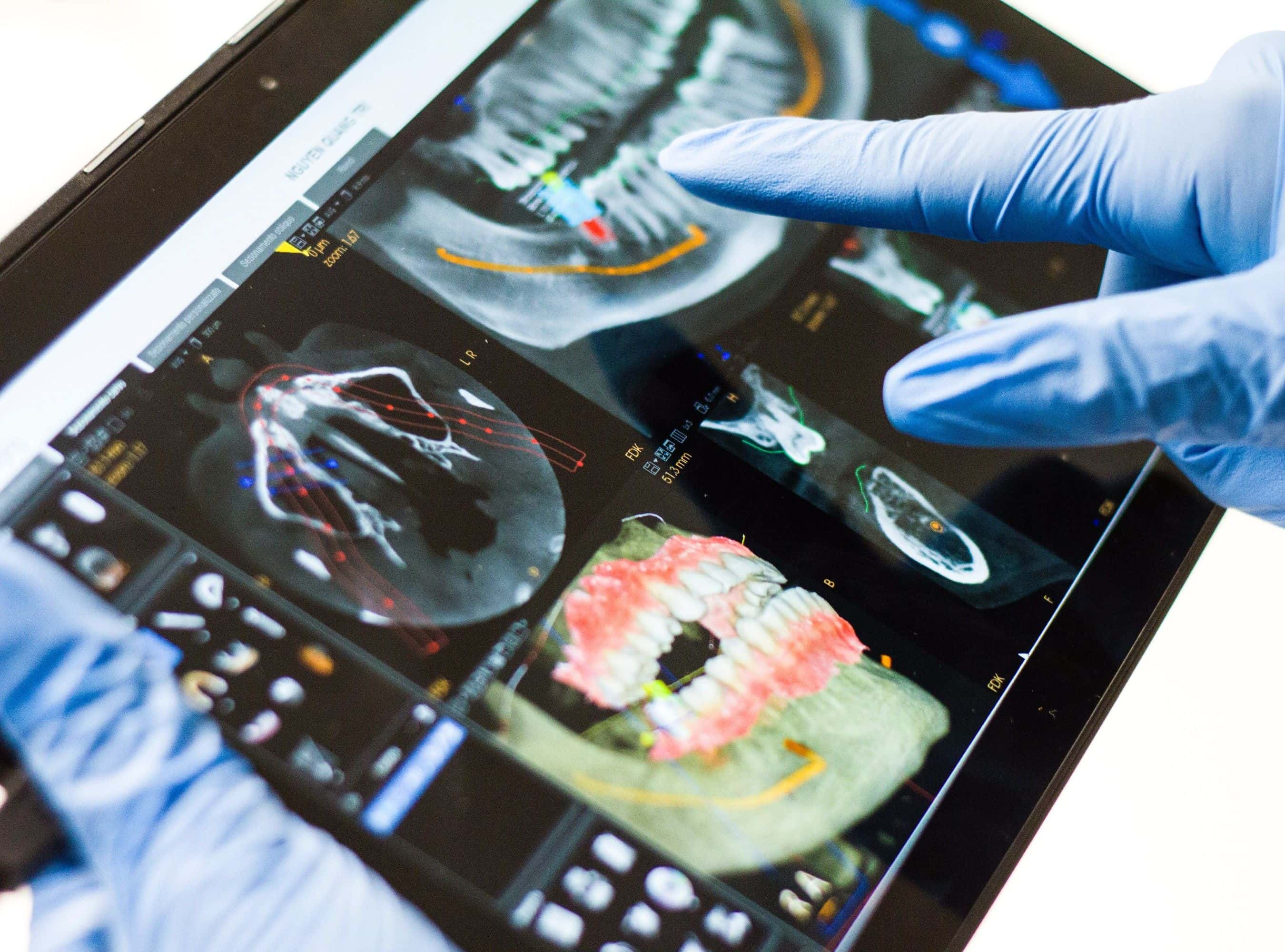Dentistry Expert Witness Opinion Admitted Despite Report and Deposition Inconsistencies
Updated on
Court: United States District Court for the Middle District of Florida, Tampa DivisionJurisdiction: FederalCase Name: Kirchman v. Novartis Pharm. CorpCitation: 2014 U.S. Dist. LEXIS 71158
The plaintiff’s dentistry expert witness testified that the deceased’s condition was a consequence of one of the drug’s ingredients. Nonetheless, the defendant attempted to exclude the expert’s testimony on the basis that there were differences in the expert’s report and deposition.
However, the court rejected the defendant’s motion to exclude the dentistry expert witness’s testimony. The court held that the expert’s diagnosis was admissible because the expert considered other possible causes of jaw osteonecrosis.
Facts
The deceased had been diagnosed with multiple myeloma, a type of cancer. Then, the deceased’s oncologist recommended Aredia and Zometa, bisphosphonate medications developed by the defendant. At first, the medications were intended to delay the development of cancer and reduce the risk of skeletal associated injuries. At the time the drugs were administered, the doctor was unaware of the risk of osteonecrosis of the jaw associated with those medications. Osteonecrosis is a condition that results in bone tissue decay due to a lack of blood supply.
After beginning his bisphosphonate medication regimen, the deceased developed necrosis and eventually died of cancer. Following the death, his estate brought a diversity lawsuit against the defendant, arguing that the defendant’s drugs had caused the injuries. However, the defendant brought a Daubert motion to exclude the testimony of the plaintiff’s dentistry expert, who had treated the deceased.
The Plaintiff’s Dentistry Expert Witness
The dentistry expert was an oral and maxillofacial surgeon. In addition, the expert had consulted in a number of lawsuits about the specific drugs at issue to provide evidence of causation. During the testimony, the expert opined that the deceased’s drug use induced the development of osteonecrosis of the jaw. The deceased’s condition was called bisphosphonate-induced avascular osteonecrosis, a documented consequence of nitrogen-containing IV bisphosphonates. Nitrogen-containing IV bisphosphonates were in the drugs in question. According to his expert report and his deposition, the dentistry expert checked the medical and dental history of the deceased. However, the expert did not directly inspect the deceased, nor review his X-rays.
Be that as it may, the defendant claimed the expert’s testimony was inadmissible. The defendant asserted the expert had not used a reliable approach to shape his opinion on the cause of cancer. The defendant further argued that the expert neglected to rule out any other possible causes of osteonecrosis of the jaw. Additionally, the defendant argued the expert’s assertion that the deceased’s jaw injury had no infectious etiology was not confirmed by documented evidence. In response, the plaintiff argued the expert had implemented a judicially and scientifically acceptable differential diagnosis methodology. As a result, the plaintiff claimed the dentistry expert witness eliminated other potential causes of the deceased’s osteonecrosis.
Discussion
The court referenced Dopson-Troutt v. Novartis Pharms. Corp. As observed in Dopson-Troutt, the court rejected the defendant’s effort to remove the expert from testifying about causation. In addition, the court also cited this same rationale presented in Taylor v. Novartis Pharms. Corp. to refuse the Daubert motion of the defendant to exclude the expert. The court further agreed with the rationale and conclusions laid out in Taylor, deciding that the expert’s differential diagnosis satisfied admissibility criteria. The expert considered other possible causes of osteonecrosis of the jaw. The dentistry expert established that the plaintiff’s use of the medications was the probable cause. The Taylor court also held that inconsistency in the expert’s report and deposition affected weight and not admissibility.
Ruling
The motion to exclude the dentistry expert witness’s testimony was denied.
Key Takeaways for Experts
When opining on injury causation, experts should explore alternative causes during their initial case analysis. This way, experts can cover all possible counterclaims to their testimony. In this case, the dentistry expert witness’s testimony was found to be admissible. Therefore, inconsistencies between the expert’s report and deposition affected the weight and not admissibility. However, this may not always be the case. Thus, by touching on questions the opposing counsel may counter with, this prevents them from finding holes in your testimony.
About the author
Wendy Ketner, M.D.
Dr. Wendy Ketner is a distinguished medical professional with a comprehensive background in surgery and medical research. Currently serving as the Senior Vice President of Medical Affairs at the Expert Institute, she plays a pivotal role in overseeing the organization's most important client relationships. Dr. Ketner's extensive surgical training was completed at Mount Sinai Beth Israel, where she gained hands-on experience in various general surgery procedures, including hernia repairs, cholecystectomies, appendectomies, mastectomies for breast cancer, breast reconstruction, surgical oncology, vascular surgery, and colorectal surgery. She also provided care in the surgical intensive care unit.
Her research interests have focused on post-mastectomy reconstruction and the surgical treatment of gastric cancer, including co-authoring a textbook chapter on the subject. Additionally, she has contributed to research on the percutaneous delivery of stem cells following myocardial infarction.
Dr. Ketner's educational background includes a Bachelor's degree from Yale University in Latin American Studies and a Doctor of Medicine (M.D.) from SUNY Downstate College of Medicine. Moreover, she is a member of the Board of Advisors for Opollo Technologies, a fintech healthcare AI company, contributing her medical expertise to enhance healthcare technology solutions. Her role at Expert Institute involves leveraging her medical knowledge to provide insights into legal cases, underscoring her unique blend of medical and legal acumen.
Subscribe to our newsletter
Join our newsletter to stay up to date on legal news, insights and product updates from Expert Institute.
Sign up nowFind an expert witness near you
What State is your case in?
Subscribe to our newsletter
Join our newsletter to stay up to date on legal news, insights and product updates from Expert Institute.



